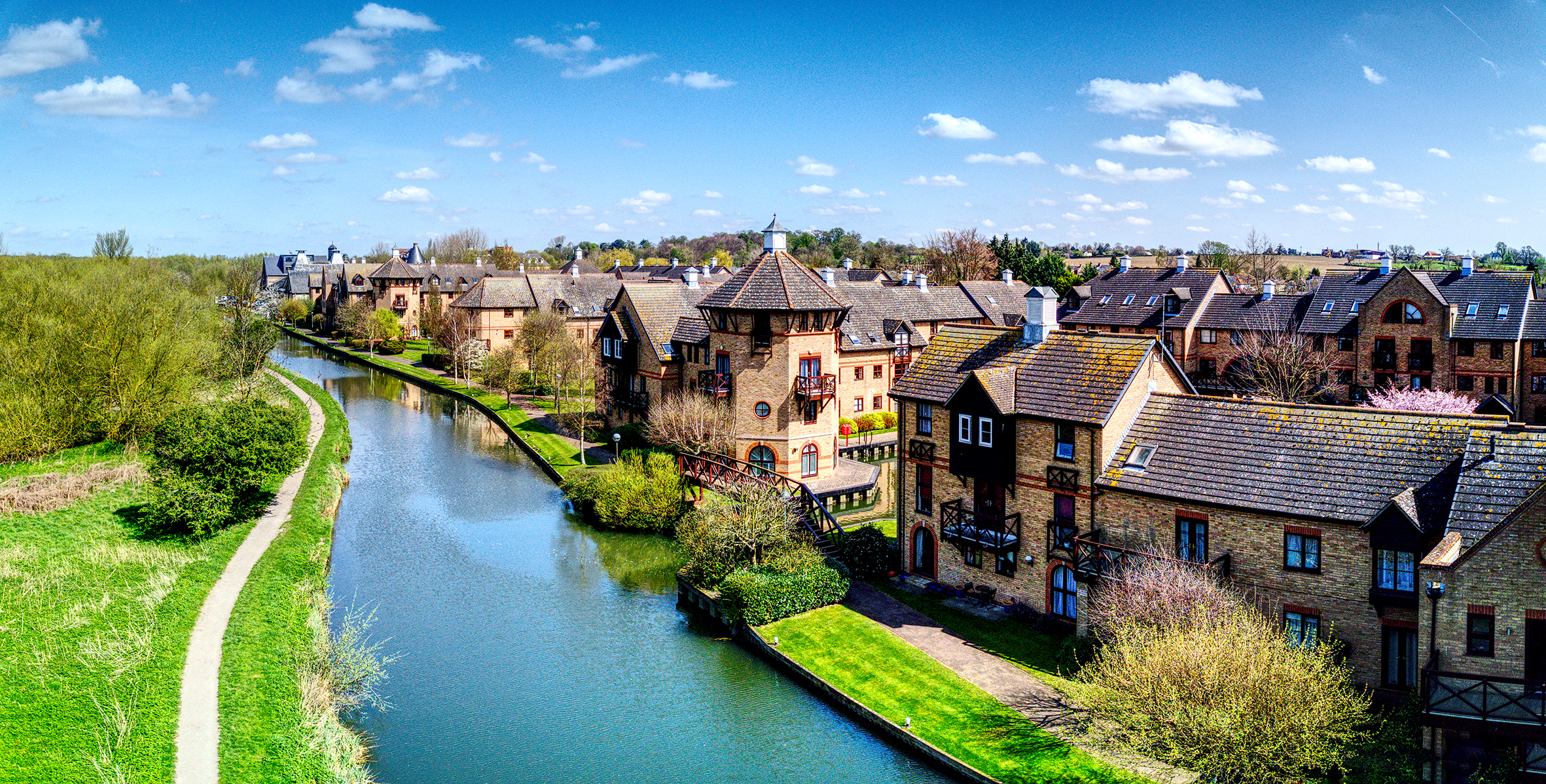Knowing building control regulations is crucial whether you’re building a new structure or renovating an existing one in Essex.
Building regulations and planning permits are legal requirements in most areas. They ensure that all construction projects are built following the necessary standards to guarantee the safety of the occupants.
However, there are exceptions where you may not need to apply for permits or building regulations. Small renovations, for example loft conversions, are covered under the permitted development clause.
Here, we explore the vital aspects of building control in Essex and what you must know before starting your construction project.
What Is Building Control?
Most people don’t know the difference between building control and planning permissions. Building control is a legal process that oversees design, construction, and renovation of properties. The goal of building control regulations is to ensure that buildings are safe, accessible, and suitable for lease or occupation.
Inspectors from the city visit the project to check if the building meets all the standards as needed. During the visit, they will check the structural stability, drainage and sewerage, fire safety, insulation, and electrical installation.
Building control in Essex is done by the local authority or a licensed private construction body. The private construction firm sends a team of approved inspectors to check on the project’s progression.

Process and Role of Building Control Inspectors
The role of building control inspectors may vary depending on the city’s building regulation standards. Stage one involves reviewing the project’s design and architectural drawings. You will also be required to provide supporting documents such as structural engineering design and calculations.
After the approval of stage one, the next step is a site survey. This process ensures that all of the groundwork is done as it is in the approved plans and structural drawings. They will also check to ensure that the foundation is done right and that the drainage and electrical piping are done well.
During the construction process, inspectors from the local authority will visit the site to check if everything else is going according to plan and regulations. After the project is done, building control officers issue a completion certificate if all of the standard regulations are met.
Benefits of Building Control Guidelines

Building control in Essex and other cities has plenty of benefits. First, it ensures that the project is safe for the inhabitants. This includes everything we have mentioned before from fire safety and insulation to structural stability.
Another benefit is that it ensures that you get the right value for the property should you choose to lease or sell it. Tenants and future buyers will always ask to see the compliance certificate before renting or purchasing. Not having a compliance certificate can lead to legal trouble, especially from your tenants.
Wrapping Up
If you are planning to start a construction project, ensure that you contact your local authority and learn more about building control regulations. We also recommend hiring a consultant to provide guidance when applying for planning permissions.
The consultant will also come in handy during the building control inspections. Ensure that you have all of the required permits to avoid getting into legal trouble.





